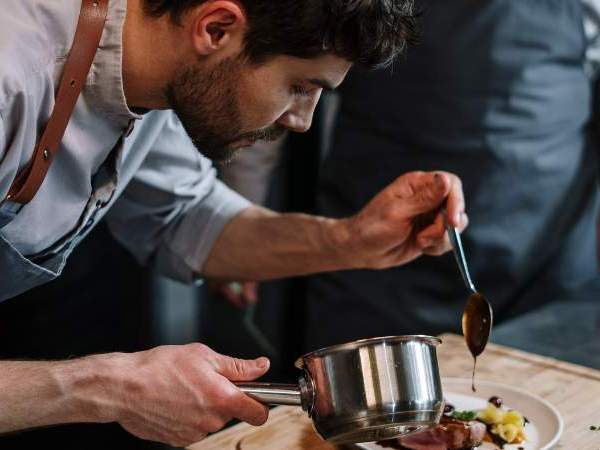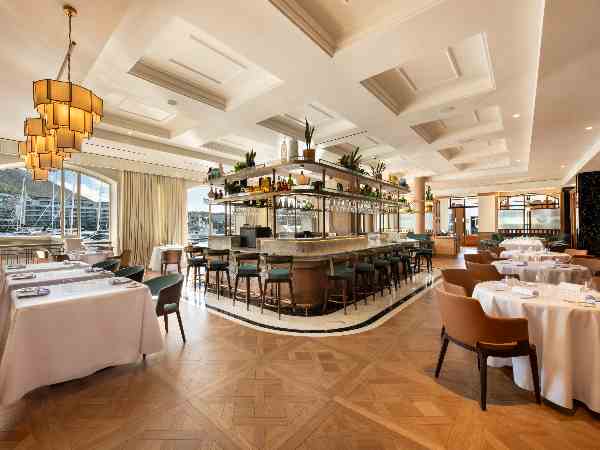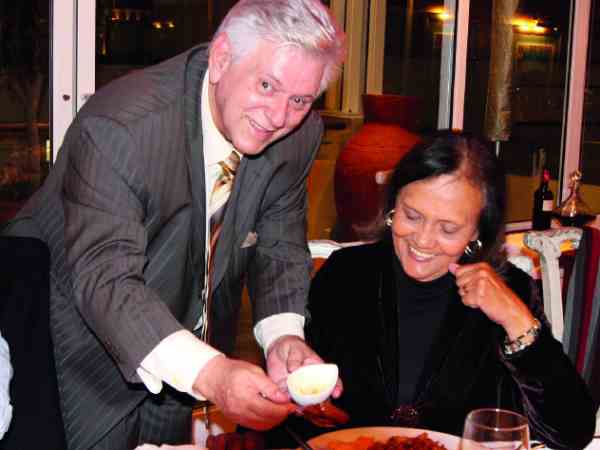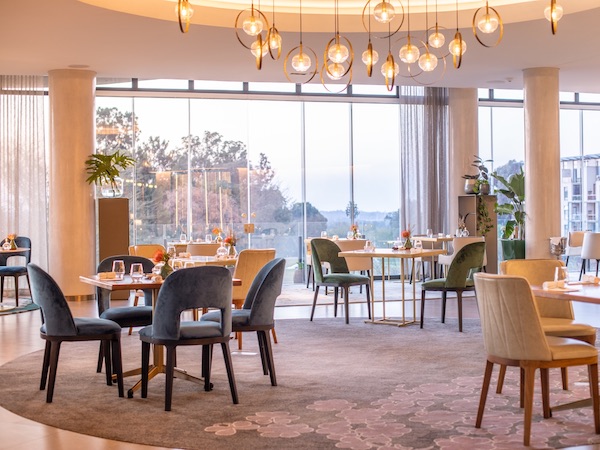News
The journey of SA’s Jo Wessels – 7th best sommelier in the world
Friday, March 17th, 2023In early 2023, Jo Wessels was named the 7th best sommelier in the world as a representative of the South African Sommeliers Association.
The title of Meilleur Sommelier du Monde in Paris in 2023 was awarded to Raimonds Tomsons of Latvia. Since its inception in 1969, the contest has been likened to the Olympics of sommellerie. Without having to memorise wine laws or grape crossings on cue cards, Jo’s attention will return to the beverage programme at the restaurant where he works, in Heidelberg, Germany.
Jo began his career in service at a coffee shop in Bloemfontein as a teenager, which he says instilled respect for the trade and the people working in it. Later, as a student at Stellenbosch, he worked in various restaurants, wine shops and tasting rooms.
“It was at Rust en Vrede Restaurant where the sommelier bug really bit me, and I was there for a period of five years,” he says.
He subsequently worked as a sommelier on luxury cruise ships (Oceania and Seabourn). In 2015 he applied to study International Wine Business at Geisenheim University in Germany. While studying, he worked as a commis sommelier in a Michelin-starred restaurant in Wiesbaden.
Jo expands: “Germany is really exciting in terms of sommellerie – it is a country that has a wide array of imported wines (South African wine included) and is also home to some stunning Rieslings and Pinots. Moreover, I found that the sommelier community is very open and friendly, with somms not competing with each other, but rather forming friendships and sharing in the joy of our trade.”
After Wiesbaden, Jo worked as sommelier at Restaurant OPUS V in Mannheim (rated with two Michelin stars) for three years. Since 2022, he has worked at an innovative casual fine dining restaurant in Heidelberg called Mary Jane Space.
“Our philosophy is to treat our guests as though they are friends coming over for dinner on the weekend. It is a small team (only three chefs, and myself in service). There aren’t the hierarchies of many other fine dining establishments, nor the stress or long hours otherwise present. High-end gastronomy can be quite taxing on one’s personal health (speaking from experience – I had a nasty burnout in 2021). So I’m very happy to be somewhere more humane, where achieving ratings or Michelin stars is not our focus, but rather enjoying what we do,” Jo explains.
Preparing for a wine-tasting competition
“It helps to protect one’s palate before a competition or a wine tasting. I do not have a specific routine for calibrating my palate. I, however, try to avoid spicy foods before a big tasting. I also try to curb my coffee intake, as I’ve realised it diminishes my sensitivity to bitterness. But this is a tough call. Jo needs a “cup of Joe” in the morning,” Jo says.
As a candidate at the ASI Best Sommelier of the World contest in Paris, the cheese table saw plenty of Jo’s presence – bar the blue cheeses.
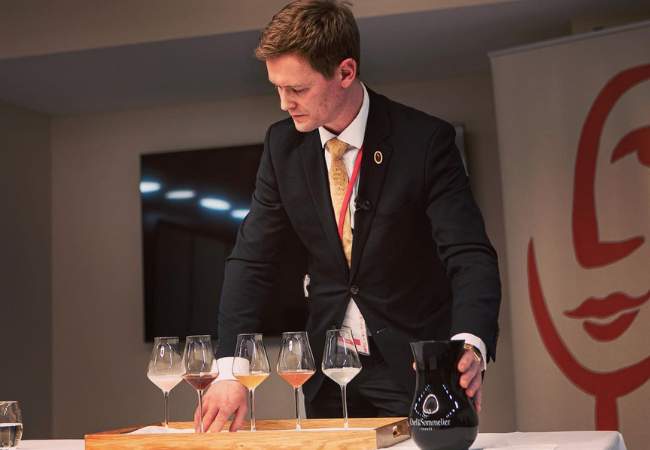
Family meals in Bloem
“Sunday lunches were the highlight of the week. After church, my dad would put on classical music and fetch a special bottle from the cellar, and my mom would show off her cooking. It was mostly hearty and rustic dishes – roasts, casseroles, lasagne and often lamb from my aunt’s farm in the Karoo. It was at these lunches that I was introduced to some old Cape classic wines such as Meerlust, Alto and Rustenberg,” Jo says.
“The tradition and the setting showed me how good wines shine with special occasions,” he explains.
Some of the international wines he has brought home from Germany to share with friends and family when visiting home include: Riesling, Spätburgunder or Silvaner.
“Wine can be a bridge, and a delicious one at that,” he says.
Nights off
While service takes six to seven hours, there are hours of preparation and planning. Time off is also directed towards work which includes reading up on wine news, revising theory, visiting producers and attending wine fairs.
When cooking for himself, he prefers low-effort, spicy dishes such as casseroles or pasta with chilli, or malva pudding which he pairs with Riesling or sake.
When cooking for friends or family, he says: “I’ve enjoyed cooking with truffles, venison, foraged mushrooms, making homemade pasta, etc. But nothing quite as fancy as a professional chef could whip up.”
When dining out, he enjoys Japanese, Arabic and Georgian restaurants.
“Working in service means that one shares the same working hours as many restaurants one would like to visit. So the possibilities are not always as vast,”
Jo says.
The work
“I believe that I learn as much from the chefs as they do from the wines I present. It’s a wonderful symbiosis when the chemistry and communication is right,” Jo says.
Jo often has a wholesome breakfast, a lunch that will sustain him until service is over, and loads up on carbohydrates as service can become so busy that he sometimes forgets to finish a glass of water that he poured at the beginning of service.
“Sometimes when there is less pressure during service and the time allows, the chefs might plate me a small portion of a dish to try in its entirety with a wine which I am serving with it. This is not only valuable in terms of the review of the dish or its nutritional value, but it often offers a ‘wow’ moment in the middle of service, reminding me again of the skills of the chefs and the artform we are offering our guests. I then return to the front-of-house with an even bigger smile on my face,” Jo says.




